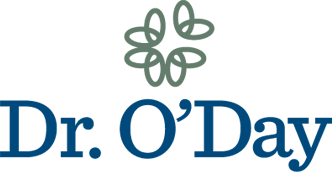Secondary auto accident pain can trigger TMJ symptoms.
It is pretty safe to say, we are all going to have (or have had) an auto accident at some point. Whether it is the common fender-bender, or something more severe, we can agree that the health of all involved is the primary concern. Then—we get on that smart phone! We call for emergency services, if it’s bad, as well as the police and insurance company. It’s a natural reaction. Auto accident pain does not always manifest immediately, and it’s not in direct correlation with the size or type of accident. Be aware that TMJ symptoms have a strong correlation with all kinds of trauma, and when it comes to that of even a minor traffic accident, secondary pain can manifest suddenly and painfully. I have been in a lot of consultations with new patients that, once we got into their recent history, discovered that an automobile accident initially triggered their TMJ symptoms. Unfortunately, now that claim has been in the works—or worse—finished, they must now deal with the medical billing for me to free them of their pain, when it probably would have been covered as part of their claim. Any kind of whiplash can be extremely detrimental to anyone who suffers from TMJ. Symptoms can start days, weeks, or even a year after the accident. If you do suffer from TMJ symptoms, you need to be aware that the stress and impact can build a steady return to those ill-forming habits, depending on your time in treatment. For those that have not had TMJ symptoms, whiplash can certainly lead to orofacial joint issues and pain. The trauma of the accident, however, can unknowingly lead to stress and actions that trigger the symptoms of TMJ. This kind of trauma needs to be addressed, not just for insurance purposes, but for treatment purposes.
STEPS TO TAKE AFTER AN ACCIDENT
-
Call emergency services—for sure.
-
Report your insurance claim—that’s critical for property involved.
-
If you are a TMJ sufferer (patient of mine or not), schedule an appointment, so it’s on record, and you won’t have to fight with your insurance company to get treated later.
-
If you are not a TMJ sufferer, please consider the primary concern that happened right after the accident—the health of all involved. Call us, set up a consultation, so you’re not fighting with your insurance company later, while you’re in pain.
The correlation of these types of accidents, auto or otherwise, are just too strong to ignore. We see the pain, and we hear the battles people fight daily to get treated. Please—always—be safe. The doctor will free you now. Doctor Francis O’Day


